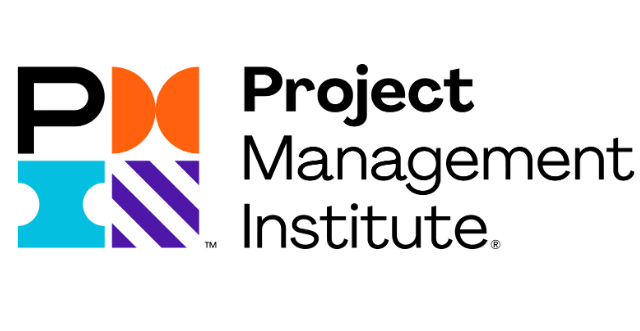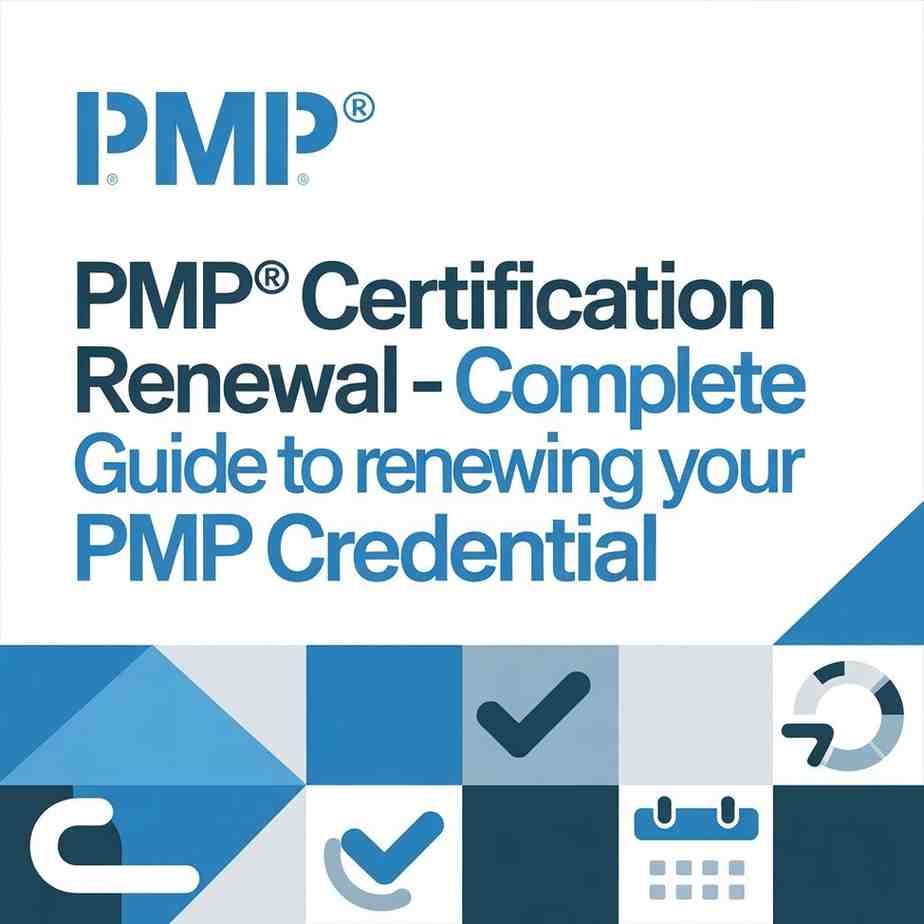The PMP® certification exam is a popular choice for project managers seeking to advance their careers. However, with the recent release of PMBOK 7, many PMP® aspirants are left wondering about the differences between PMBOK 6 and PMBOK 7. This article “Difference Between PMBOK 6 and PMBOK 7 Summary” aims to provide clarity on the subject.
Here are the three fundamental differences between PMBOK 6 and PMBOK 7:
- PMI Has Shifted from a Process-Based Standard to a Principle-Based Standard: PMBOK 6 and previous versions emphasize knowledge areas and processes. PMBOK 7, on the other hand, starts with the fundamental principles that guide the framework, leading to knowledge areas and processes. This shift makes the application process more flexible and tailored to each project’s requirements, making it easier for practitioners worldwide.
- PMBOK 7 is NOT a Replacement of PMBOK 6: Contrary to popular belief, PMBOK 7 does not replace PMBOK 6. Instead, PMBOK 6 remains a guide for a process-based approach, while PMBOK 7 is a go-to document for a principles-based approach. PMBOK 7 mentions that PMBOK 6 can be used for organizations seeking “How To” instructions. PMBOK 7 is a top-layer document that enhances the overall understanding of the fundamentals.
- PMBOK 6 Focuses on Knowledge Domains, PMBOK 7 Focuses on Performance Domains: PMBOK 6 looked at the different knowledge areas independently. PMBOK 7, on the other hand, focuses on a project from a performance perspective rather than a knowledge perspective. The performance domains, a new concept introduced in PMBOK 7, aim to help practitioners deliver value to the organization through efficient project management and customer engagement.

PMBOK 7 has two broad sections – The Standard for Project Management and The Guide to Project Management Body of Knowledge. The Standard for Project Management contains three parts – Introduction, System for Value Delivery, and Project Management Principles. The Project Management Body of Knowledge Guide is divided into three lessons: Project Performance Domains, Tailoring, and Continual Improvement.
| PMBOK 6 | PMBOK 7 |
|---|---|
| Focuses on project environment and the role of the project manager | Focuses on performance over processes |
| Covers 10 knowledge areas | Covers 8 performance domains |
| Knowledge areas include integration, scope, schedule, cost, quality, resource, communications, risk, procurement and stakeholder management | Performance domains include value delivery, leadership, stakeholder engagement, strategy and governance, talent and team, portfolio management, governance and operations |
| Includes processes, inputs, tools, techniques, and outputs | Includes tailoring, models, methods, and artifacts |
In conclusion, PMBOK 6 and PMBOK 7 are both valuable resources for PMP® aspirants. PMBOK 6 remains a guide for a process-based approach, while PMBOK 7 provides a principles-based approach and enhances the overall understanding of project management fundamentals. Make sure to utilize both guides to pass your PMP® certification exam with flying colors.














